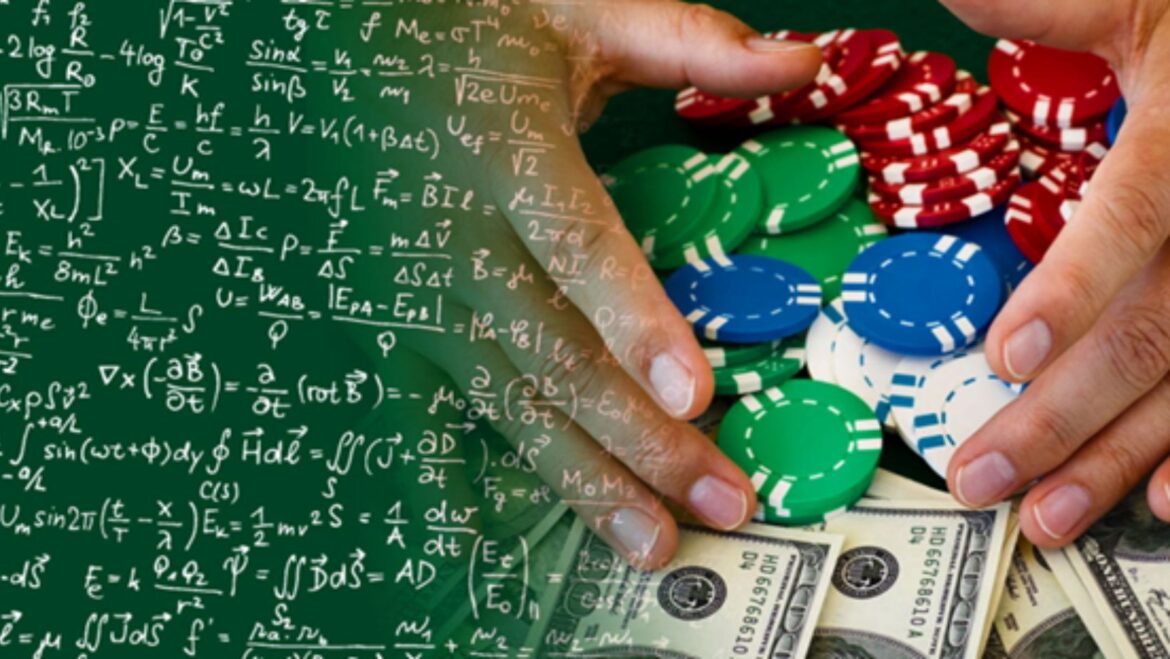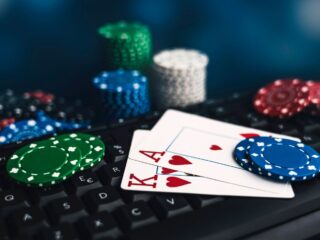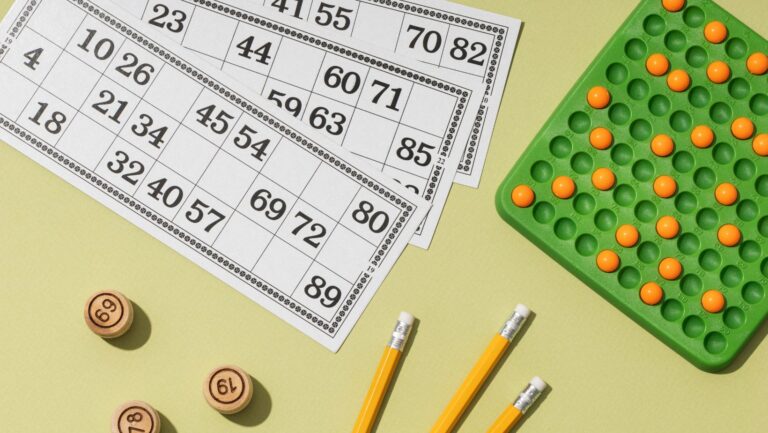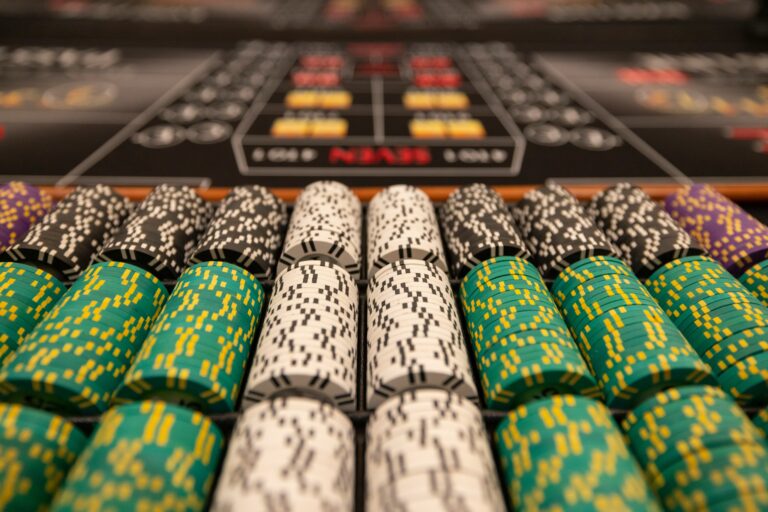When we think of games of chance—roulette, slots, or lottery tickets—mental arithmetic is not the first thing that comes to mind. These sorts of games are more usually linked with entertainment, thrills, and sometimes risk. But could they also be giving your brain a workout, and specifically, your ability to calculate and think numerically on the fly?
It is surprising, perhaps, but even games that are based on luck have underlying calculations. And for certain players, it might equate to unexpected cognitive benefits.
Let’s examine how a spin of the wheel or a roll of the dice might be focusing your mind more than you know.
The Math Underlying Luck
Games of chance, by their very nature, rely on randomness. You can’t predict what the next card is in a shuffled deck or where the roulette wheel will land. But if you watch closely, professional players are always calculating in the back of their heads.
Think of roulette. A gambler might think: “If I’ve bet on red for five spins and it has not appeared yet, what are the odds it appears now?” While this is the classic gambler’s fallacy (each spin is independent), the thought process still engages simple statistics and probability.
Or consider slot machines. Players will calculate bet amounts, multipliers, and potential winnings. Even though the machine does the calculation for you, some people always seem to try to estimate what they might have won before the screen does this.
For games like bingo or even online scratch cards, players estimate probabilities, match patterns, and track outcomes mentally. These activities might seem simple, yet they do require number sense and decision-making in the moment.
Quick Thinking, Faster Math
One of the lesser-known consequences of frequent gaming is speed. Gamers in games where players place bets quickly—online dice games or online games of chance involving cards, for instance—train themselves to think fast. That entails fast addition, recognizing odds, and comparing numbers in a matter of seconds.

While the maths itself is not necessarily tricky, it is relentless. Being exposed to lots of little calculations over time builds up mental agility. It is a bit like a gym workout, but for the part of your brain that handles numbers.
In this way, games of chance can act as unofficial, stress-free training grounds for mental maths.
Mental Math Through Money Management
Another direction worth pursuing is bankroll management. Even in games of pure chance, players tend to impose limits, tally remaining funds, and size bets accordingly. If a person is playing a dice game or a jackpot wheel, they’re typically crunching numbers in their head.
Balancing bets, approximating losses, and calculating risk—those are all fundamental financial literacy skills. And regular practice gives a person a more intuitive sense of numbers, percentages, and basic math.
Applications that offer access to gaming, like the 1xbet login app download, offer players a streamlined experience that, in most instances, offers features like bet history and statistics, which encourage players to review their performance and reflect on their decisions. This, again, adds another layer of numeric feedback to the gaming experience.
But Does That Count as Learning?
Games of chance could get the players to use math more often, but that won’t necessarily translate to a deep understanding. Unlike puzzles or strategy games with multi-step calculations, games of chance would not normally introduce new ideas of math.
That being said, for people who have a hard time with numbers or feel anxious in the presence of math, casual gaming can lower the psychological barrier. It’s math in disguise—fun, fast, and stress-free.
This is not likely to turn one into an algebra genius, but it can lead to comfort and confidence with numbers in everyday life.
A Word of Caution
While there might be cognitive benefits to exercising number skills through gaming, it’s also prudent to remember the pitfalls. Gambling, even at its most recreational, can lead to unhealthy habits if not approached responsibly.

Mental mathematics gains are a byproduct, not an excuse to gamble. Anyone who engages in games of chance must be aware of their limits and not turn entertainment into a money problem.
Conclusion: A Byproduct Unexpected
Do chance games promote mental math? The answer is yes, with a few reservations.
These games are not going to teach you advanced math or replace organized learning, but they can help your brain become faster with numbers, more at ease with simple math, and develop a better intuition regarding odds and outcomes.
For recreational players, these small mental exercises happen without even realizing it. They’re part of the entertainment, masked by flashing lights and spinning reels.
Who would have thought that good luck could lead to sharper minds?






